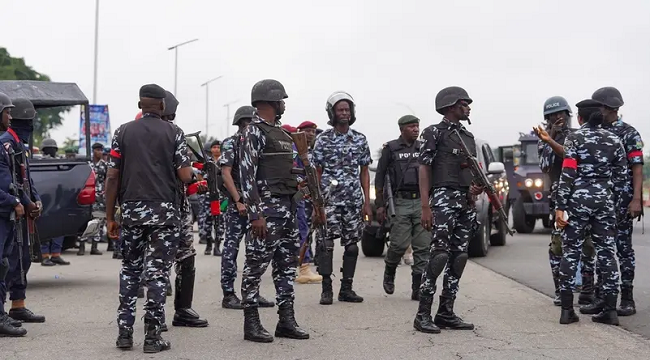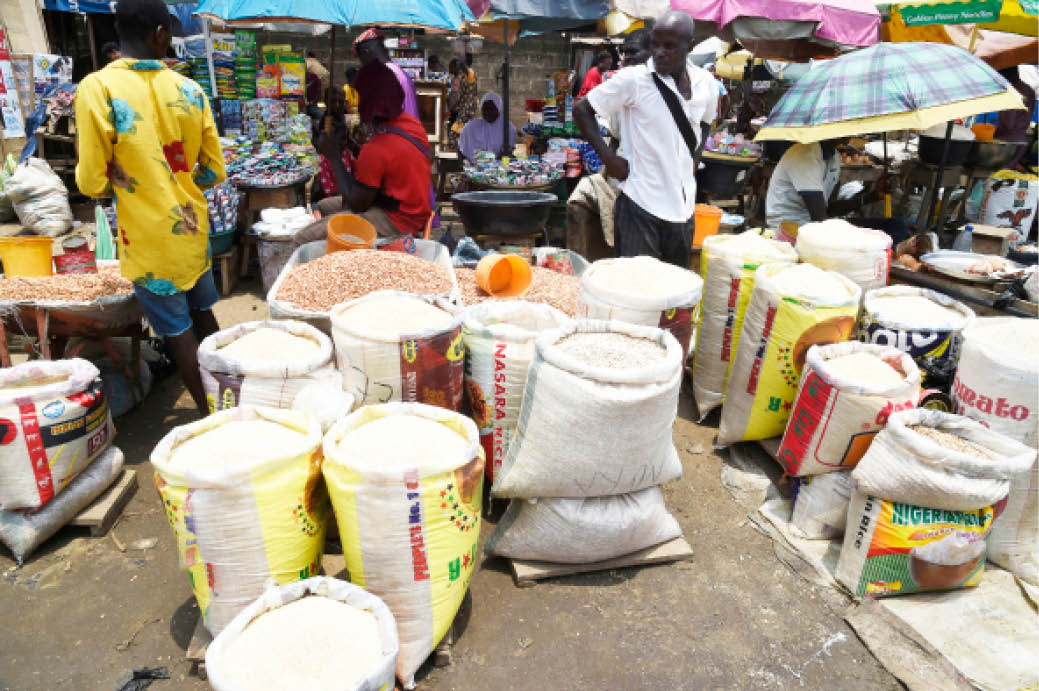Travel Advisory for Tanzania: How Increased Crime and Terrorism Threats Impact Tourists in Popular African Destinations
Tuesday, March 25, 2025

The Government of Canada has issued a travel advisory for Tanzania, urging travelers to exercise a high degree of caution due to significant security threats, including the risk of terrorism and widespread crime. The latest advisory update, released on March 24, 2025, highlights safety concerns in various regions of the country, including the border areas with Mozambique, the coastal regions, and islands south of Kisiju. This advisory provides essential information for tourists and travelers considering Tanzania as their next destination.
The Canadian advisory emphasizes the need to avoid travel within 10 kilometers of the border with Mozambique in the Mtwara region due to ongoing security threats from armed groups, terrorism, and the risk of kidnapping. In this area, violent extremist activity has led to heightened tensions, and counterinsurgency operations by Tanzanian military forces are actively controlling movement in certain locations. Tourists are advised to stay away from these dangerous zones to ensure their safety.
Travelers are also advised to avoid non-essential travel to the southern part of the Mtwara region between the A19 highway and the border with Mozambique. While this area is not as restricted as the immediate border zone, the presence of armed groups still poses significant risks. However, Mtwara City itself remains relatively safer, though travelers should exercise caution and stay informed of the latest security updates.
On March 21, 2025, the U.S. Embassy in Tanzania issued a security alert regarding security threats in the coastal regions and islands south of Kisiju. This includes popular tourist destinations and regions known for their natural beauty. The embassy advises travelers to exercise caution and stay updated with local news and security alerts to avoid areas that may be vulnerable to terrorist activity.
Local authorities in Tanzania, including the police, are currently monitoring these threats. Travelers are advised to follow the instructions of local authorities and remain aware of their surroundings in these affected areas. While the region is typically popular among tourists for its scenic beaches and resorts, the security situation has raised significant concerns about the safety of both locals and international visitors.
Petty crime, including pickpocketing and purse snatching, is a widespread issue in Tanzania, especially in crowded public spaces such as markets, bus stations, airports, and popular tourist areas. Tourists are particularly vulnerable in cities like Dar es Salaam and Zanzibar, where criminals target individuals for their belongings, including bags, jewelry, and electronics. Travelers are advised to secure their personal items and avoid displaying valuables in public.
In Dar es Salaam, the Coco Beach area, Kariakoo Market, and the Masaki and Oyster Bay Peninsula, particularly along Toure Drive, are known hotspots for crime. Similarly, in Zanzibar, areas such as Stone Town, Nungwi, Paje, and Jambiani have seen an increase in incidents of petty crime, and tourists are advised to be extra cautious when visiting these regions.
Violent crime, including armed robbery, burglary, and assault, is a significant concern throughout the country. Tourists are urged to stay in accommodations with proper security measures, lock doors and windows at all times, and avoid isolated areas where the risk of attack is higher. Additionally, it is advised not to resist an attacker, as this can escalate the situation.
Tanzania remains vulnerable to terrorism, particularly from extremist groups operating in neighboring countries such as Mozambique. Terrorist attacks targeting public places and crowded areas, including government buildings, markets, and tourist destinations, cannot be ruled out. Travelers should be particularly vigilant during events like sporting matches, religious holidays, public celebrations, and major political events, as these can be seen as prime opportunities for terrorist activity.
While kidnapping-for-ransom does not pose a significant threat in Tanzania, travelers should still exercise caution, particularly near border areas with the Democratic Republic of Congo, Mozambique, and Burundi. Criminal groups may target foreign nationals for express kidnappings, especially in busy locations such as hotels, transportation hubs, and markets. The Canadian government advises tourists to use reputable transportation services and avoid sharing rides with strangers.
Traveling in Tanzania presents health and safety challenges, particularly in rural areas. Medical facilities are not up to international standards, even in major cities like Dar es Salaam. Tourists are advised to secure comprehensive travel insurance that includes coverage for medical evacuation. Additionally, travelers should carry sufficient medications for their trip, as prescription drugs may be unavailable in the country.
Tanzania’s roads are also a significant concern for travelers, with frequent fatal accidents involving pedestrians and vehicles. Roads can be hazardous due to poor maintenance, potholes, stray animals, and a lack of proper signage. Traffic accidents are common, and local drivers often disregard traffic laws. Travelers are advised to drive defensively, avoid traveling after dark, and use four-wheel-drive vehicles when traveling outside urban centers or during the rainy season.
In addition to physical safety concerns, travelers to Tanzania should be mindful of cybersecurity risks. Cybercrime, including malware attacks and online extortion, is on the rise. Tourists are advised to avoid using public Wi-Fi networks for sensitive transactions, monitor their social media activities, and be cautious when clicking on suspicious links that may ask for personal or banking information.
Fraud related to credit card and ATM transactions is also prevalent in Tanzania. Tourists should exercise caution when withdrawing cash from ATMs, ensure that card readers appear secure, and monitor their accounts for any unauthorized transactions.
Tanzania’s coastal waters can be hazardous, with riptides and drownings reported every year, particularly at unsupervised beaches. Travelers who wish to participate in water activities like snorkeling, diving, or boating should ensure they are using reputable companies and that life jackets are provided for all passengers. It’s important to be aware of local hazards, consult tour operators, and avoid engaging in water activities during adverse weather conditions.
Tanzania is also prone to natural disasters, including cyclones, flooding, and earthquakes. The cyclone season, which lasts from November to April, can disrupt travel plans, and travelers are advised to stay prepared for sudden changes. The rainy season, typically from March to May and again in November and December, can lead to flooding, making roads impassable and affecting essential services.
Given the range of risks outlined in the Canadian travel advisory for Tanzania, travelers must exercise caution when visiting this East African destination. While Tanzania offers rich cultural experiences and stunning natural landscapes, the safety concerns highlighted in this advisory – including terrorism, crime, and health risks – demand careful planning and preparedness.
By adhering to the guidance provided by local authorities, securing proper travel insurance, and staying informed about regional threats, tourists can mitigate potential risks and enjoy a safer visit to Tanzania. As always, travelers should consider the evolving security landscape and make well-informed decisions when planning their trip.
Tags: Dar es Salaam, Dar es Salaam tourism news, east africa, East Africa tourism news, Mtwara, Mtwara tourism news, Tanzania, Tanzania Tourism News, Tanzania travel advisory, Zanzibar, Zanzibar tourism news








